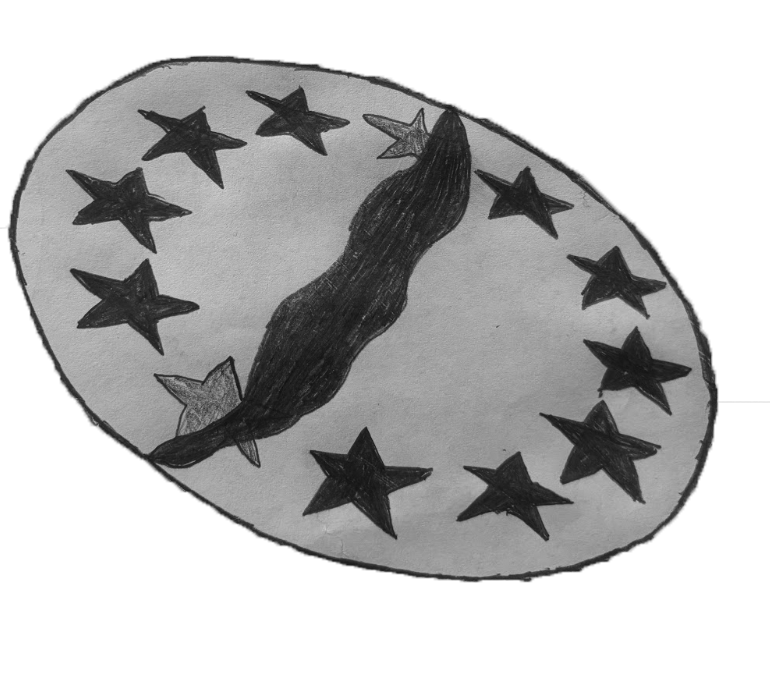Trigger warning: This article discusses eating disorders, counting calories, and body image. If you believe you or someone you know is struggling with an eating disorder, go to allianceforeatingdisorders.com or call 866-662-1235 for support and more information from licensed therapists.
Earlier this year, I was shocked to hear from a classmate that her Health teacher was requiring the class to count their daily calories and exercise as a graded assignment. Instantly, I had questions. Was it required by the district? How could teachers be so blind as to mandate something that has such negative connotations for so many people–especially adolescents in the age of intense diet culture, social media, and societal norms regarding body image?
The word “calorie” entered the English language in 1863, when it was defined in a French physics textbook as “the heat needed to raise the temperature of 1kg of water from 0 to 1 degrees Celsius”. Since heat is energy, the calorie was used as a unit of energy to calculate how much energy was in food. By the 1920s, scientists had calculated the caloric content of most foods in relation to the energy needs of human bodies. As the diet culture industry emerged and began idealizing certain body types and food choices, the public view of calories changed from a scientific unit of energy to a way to control weight and appearance. Daily caloric intake recommendations–like the suggestion of 2,000 calories you may see on nutrition labels–gained popularity, despite the fact that the caloric needs of individuals are incredibly varied.
Today, the practice of calorie counting is widespread and harmful. While it’s true that it is important to be aware of the nutritional value of the food we eat, studies have found that tracking one’s intake can potentially lead to disordered eating habits and eating disorders, where individuals often see food solely as its caloric value rather than the actual satisfaction or nourishment it could bring. I believe it’s possible to be just as healthy–if not healthier–without counting calories.
And yet, students in Health classes at Garfield are being required to count calories for graded assignments. A student who was placed into the Nutritional Wellness class–which satisfies the Health credit required for graduation–spoke about her experience, which she, as someone who has struggled with her eating habits in the past, described as “collecting triggering data points and putting them up on a screen,” which was “pretty concerning and surprising” to her and her classmates. That student chose to switch out of Nutritional Wellness after 3 days due to its harmful impact on her own health.
The class’ first major assignment was to track health-related metrics such as calories, time spent exercising, and step count for a week in order to “understand how healthy choices impact [one’s] confidence level.” They were told to do research and decide on an appropriate daily caloric goal–a huge mistake, given the amount of misinformation online regarding calories. Having students count calories is bad enough, but giving them no instruction or resources on how to do so could easily lead to them choosing a wildly inaccurate and unhealthy intake goal. Additionally, the class received no trigger warning or evidence of sensitivity to their past experiences, which is pretty much a bare minimum for teachers when covering topics that may be difficult for students.
So, what can be done to address this issue? Perhaps most importantly, educators need to be aware that their content is impactful to students both in and outside the classroom, especially if they have prior experience or trauma with certain topics. All students are different, and something that is helpful for one may be completely counterproductive to another. The SPS district requires Health teachers to cover “healthy eating” in their curriculum, but that doesn’t necessarily include counting calories. It may be beneficial to teach a class about calories and other components of nutrition, but it’s definitely not necessary or appropriate to force students to count calories. Teachers should emphasize a broader definition of health and balance to encourage eating healthy, rather than demonizing “unhealthy” foods or promoting behaviors that may be triggering.
Do better, Garfield. Students deserve a welcoming and celebratory health education, not a restrictive one.





